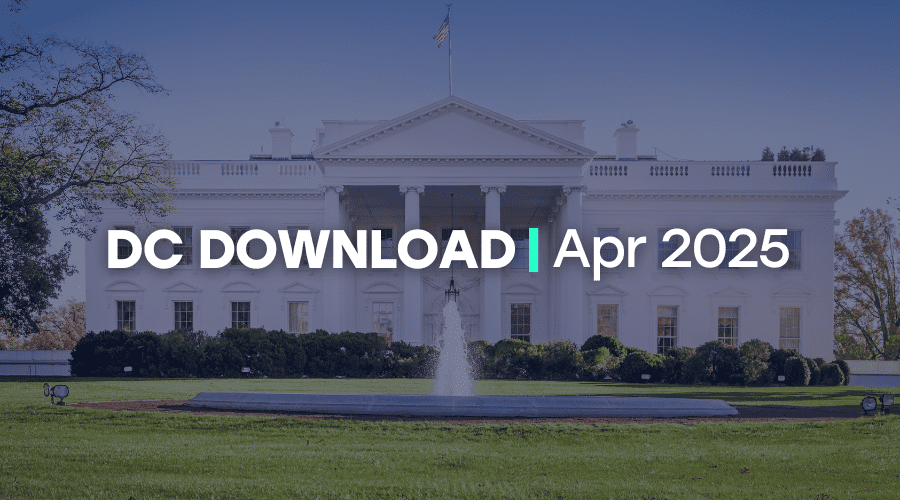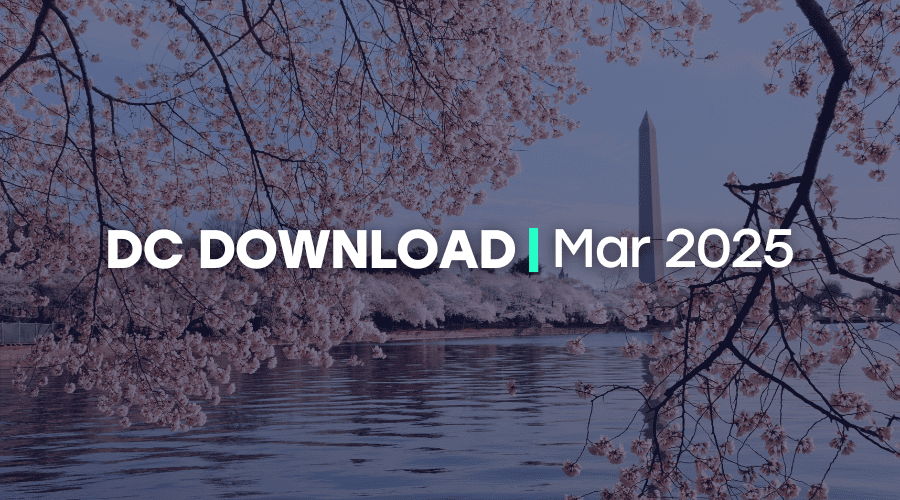For many people who rely on government assistance in the United States, nonprofits are their first line of aid and the key deliverer of services. But in the midst of evolving policies around immigration, many nonprofits are worried that things are about to get much more confusing and burdensome if proposed changes to the rules governing “public charge” go into effect.
What Exactly is Public Charge?
Historically, the term public charge refers to an individual who is considered unable to provide for themselves and may rely on cash assistance. Federal immigration law stipulates that individuals who are deemed a “public charge” will not be admitted into the United States and immigrants currently in the United States who become a “public charge” could be deported. This policy does not currently apply to refugees, asylees, people fleeing domestic violence, and a few other protected groups.
Which immigrants qualify as a “public charge” is based on a somewhat subjective circumstances test. Immigration officials review an applicant’s age, health, family status, education, skills, and financial status when considering whether he or she will be dependent on the government. Qualifying for a single government program does not automatically designate an applicant a “public charge,” but it is a factor.
What is the Proposed Change?
Earlier this year, a leaked draft of the proposed rule called for expanding the criteria of a “public charge” for immigrants who are seeking to obtain legal status. A change like this would likely force many immigrant families into making a choice between receiving basic needs and being able to stay in the United States together. If this expanded policy were to be adopted, it would prohibit the use of these benefits by both the applicant and the applicant’s dependent family members – even if those family members are U.S. citizens.
Nonprofits across the country provide a vast array of services that fall under this potentially expanded list of determinants. This includes benefits like the Supplemental Nutrition Assistance Program (SNAP) and the associated Women, Infants, and Children (WIC) program, Medicaid, Children’s Health Insurance Program (CHIP), premium subsidies for marketplace health coverage, and other non-cash supportive services. Supportive services like childcare, transportation, heating, or food assistance could also be considered in determining individuals’ “public charge” status, if they are publicly funded – even if the individual never received the benefit.
Changes to the public charge will impact a significant population in all of our communities. In fact, according to Kaiser Family Foundation, nearly 20 million or one in four children had at least one immigrant parent, and nearly nine in ten of these children were citizens. About eight million of these children have received coverage from Medicaid or CHIP at some point.
Expanding the definition of public charge to cover so many programs would likely lead to a decline in enrollment in government programs by citizens living with immigrants and risk both the financial and heath stability of families in this country. Because nonprofits serve as the front-lines enrolling people in these government programs, many families may forego nonprofit services all together rather than risk their family members’ immigration application. Consequently, the proposed change likely will affect the enrollment, retention, and success rates of both government and nonprofit services for communities with immigrant family members.
As the institutions that connect families with programs and services, this expansion of the public charge puts nonprofits in a difficult position. They will be called to help families with immigrants weigh whether to take advantage of programs designed to help them, even if the people participating in the program are U.S. citizens. This places nonprofits on the front line of immigration policy, a position many organizations are not comfortable with or equipped to fulfill.
Independent Sector encourages organizations to educate your policymakers on how this policy change may impact the role your organization plays in your community and your ability to provide needed services.
Get More Information
CLASP, an anti-poverty nonprofit advancing policy solutions for low-income people, has compiled resources to help people understand how changes to public charge may affect their communities, including a webinar and fact sheet.
The Migration Policy Institute, an immigration think tank, recently found that nearly half of noncitizens legally in the U.S. could be affected by the proposed change to public charge.
The National Immigration Law Center also released a fact sheet to explain what this change could mean to communities.
Before implementing regulations of this significance, federal agencies are generally required to publish a notice in the Federal Register, at which point the public can comment on the proposed rule. The organizations described above have been monitoring this issue closely and will be alerting their networks when the public comment period opens.



